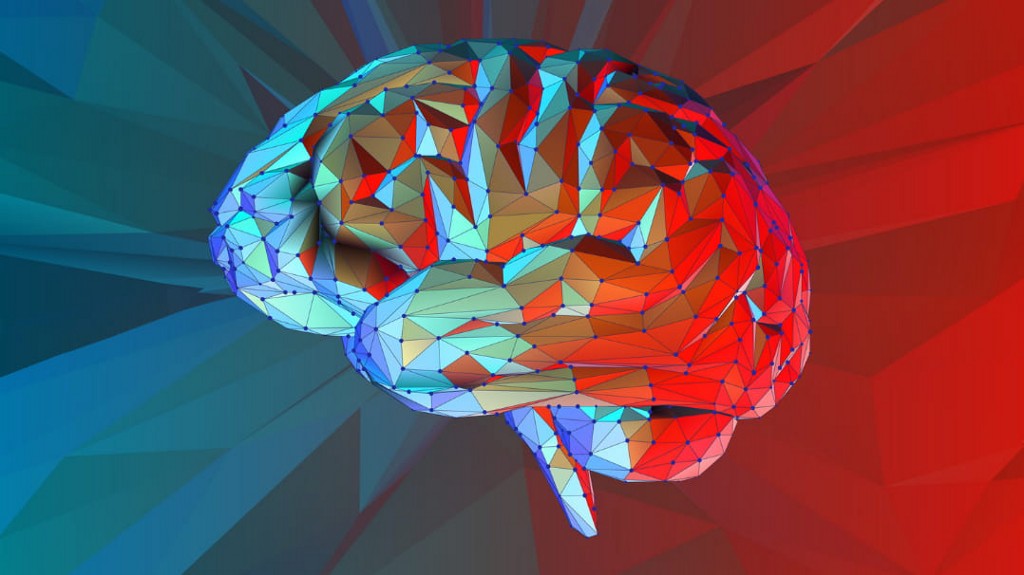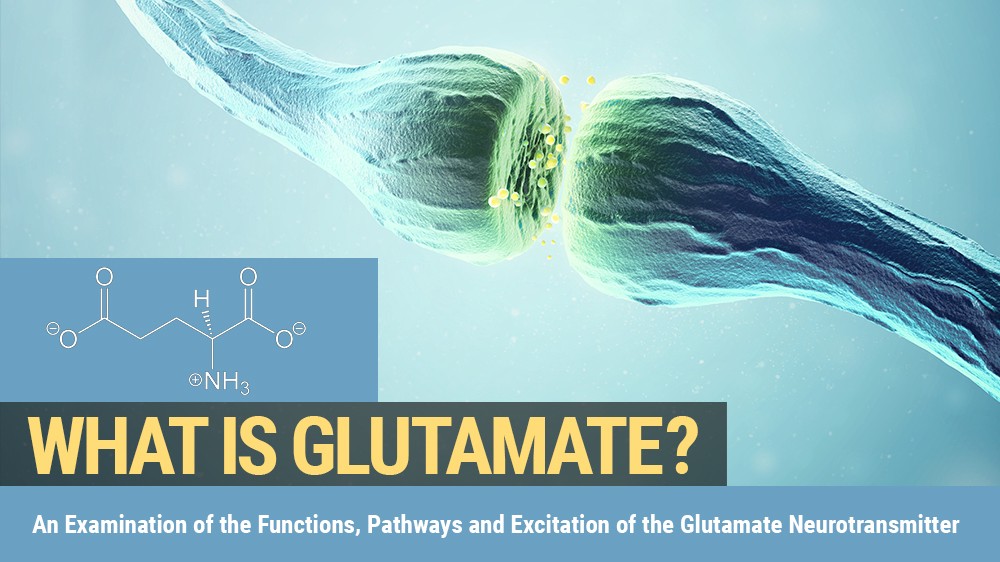
By: The Posts Author | Posted on: 15 Apr 22
Aaron Alexander, author of The Align Method, joins us today to explore the power and the science of the brain-body connection.How the Brain-Body Connection WorksMovement is literally an expression of the way in which we think and feel. Our hormones act like messengers between our postural patterns and the states we experience.A trio of social psychology professors- Amy Cuddy from Harvard, Andy Nap from Yale, and Dana Carney from the University of California, Berkeley- explored this idea in 2010 when they popularized the idea of “high-power poses,” which were shown to boost levels of testosterone by around 20 percent and
Aaron Alexander, author of The Align Method, joins us today to explore the power and the science of the brain-body connection.How the Brain-Body Connection WorksMovement is literally an expression of the way in which we think and feel. Our hormones act like messengers between our postural patterns and the states we experience.A trio of social psychology professors- Amy Cuddy from

By: The Posts Author | Posted on: 28 Mar 22
“That which does not kill us, makes us stronger.” It turns out Nietzsche was right, at least when it comes to our adaptive stress response. Our bodies thrive on short-term acute “stress” exposure by ramping up growth and repair. This process, known as hormesis, may have powerful health and longevity benefits.*What is Hormesis?In the fields of biology and medicine, hormesis is defined as an adaptive response of cells and organisms to a moderate (usually intermittent) stress. Low levels of controlled stress stimulate or upregulate existing cellular and molecular pathways, improving the adaptive capacity of cells and organisms to withstand greater stress.Let’s
“That which does not kill us, makes us stronger.” It turns out Nietzsche was right, at least when it comes to our adaptive stress response. Our bodies thrive on short-term acute “stress” exposure by ramping up growth and repair. This process, known as hormesis, may have powerful health and longevity benefits.*What is Hormesis?In the fields of biology and medicine, hormesis

By: The Posts Author | Posted on: 28 Feb 22
Scientists have long suspected that the relative abundance of specific nutrients affects cognitive processes and emotions. Research now confirms influences of dietary factors on brain function, synaptic plasticity, and mental function.Your brain is always “on.” It regulates your thoughts, movements, breathing and heartbeat — it works hard 24/7, even while you’re asleep. This means your brain requires a constant supply of fuel. That “fuel” comes from the foods you eat and what’s in that fuel makes all the difference. What you eat directly affects the structure and function of your brain.Your brain functions best when it’s given premium fuel. Adequate nutrition is necessary
Scientists have long suspected that the relative abundance of specific nutrients affects cognitive processes and emotions. Research now confirms influences of dietary factors on brain function, synaptic plasticity, and mental function.Your brain is always “on.” It regulates your thoughts, movements, breathing and heartbeat — it works hard 24/7, even while you’re asleep. This means your brain requires a constant supply of fuel.

By: The Posts Author | Posted on: 25 Feb 22
Reading is a powerful tool to expand the mind. A good book can light us up on every level: mind, body, and spirit. Reading can even act as a digital detox for us if we “kick it old school” and get lost in a paper copy. In addition to these benefits, reading has positive effects on our brain. What processes are taking place in our brain when we learn new things?How Your Brain Benefits From ReadingReading in any capacity is an amazing workout for our brain and it doesn’t matter whether it’s fiction or nonfiction. Stanford University researchers found that close literary
Reading is a powerful tool to expand the mind. A good book can light us up on every level: mind, body, and spirit. Reading can even act as a digital detox for us if we “kick it old school” and get lost in a paper copy. In addition to these benefits, reading has positive effects on our brain. What processes

By: The Posts Author | Posted on: 28 Jan 22
Five favorite hacks of Neurohackers to up-level your mental energy.What is a Neurohacker?A Neurohacker is generally considered to be someone who takes command of their neurology with sophistication. They do this by treating the power of their mind with the same care that most of us put into examining the specs of our computing power.Our brains mediate how efficiently we use our computing tools. If you’re treating neurohacking as an afterthought, you’re shortchanging your peak performance capacity.First, a warning; if you’re not doing the basics of “clean diet, regular exercise, good sleep,” start there. The neurohacks in this article are to
Five favorite hacks of Neurohackers to up-level your mental energy.What is a Neurohacker?A Neurohacker is generally considered to be someone who takes command of their neurology with sophistication. They do this by treating the power of their mind with the same care that most of us put into examining the specs of our computing power.Our brains mediate how efficiently we use

By: The Posts Author | Posted on: 5 Jan 22
How Our Second Brain Affects Mood, Immune Function, and CognitionYour gut is home to trillions of bacteria and other microbes that communicate with your brain. This communication occurs in large part via the vagus nerve and is part of the gut-brain axis. These findings and more have earned our gut microbiome the nickname “the second brain.”Today, Naveen Jain, Founder of Viome, is here to help us understand how our second brain affects mood, immune function, and cognition.An Overview of The Gut MicrobiomeCan you give us a high-level overview of the gut microbiome?The microbiota is the entire collection of microbes living in
How Our Second Brain Affects Mood, Immune Function, and CognitionYour gut is home to trillions of bacteria and other microbes that communicate with your brain. This communication occurs in large part via the vagus nerve and is part of the gut-brain axis. These findings and more have earned our gut microbiome the nickname “the second brain.”Today, Naveen Jain, Founder of Viome,

By: The Posts Author | Posted on: 3 Jan 22
Let’s face it — as anyone who is paying attention knows, we humans are in a bit of an ‘emergence through emergency’ scenario. Every day the people and institutions that we used to be able to rely on are falling apart; failing to do even a little part of their job. Yet, at the same time, every day, the world is getting more complex and harder to make sense of. This is getting serious — staying the course and hoping to muddle through isn’t going to do it.Our options: evolve or die.If we want to stay in the game, we’re going to need to seriously level
Let’s face it — as anyone who is paying attention knows, we humans are in a bit of an ‘emergence through emergency’ scenario. Every day the people and institutions that we used to be able to rely on are falling apart; failing to do even a little part of their job. Yet, at the same time, every day, the world is getting

By: The Posts Author | Posted on: 24 Nov 21
The term ‘hacker’ has its origins in computer programming subcultures from the ’60s, and was used to describe people who wanted to take on hard problems in a spirit of playful exploration and a resistance to ‘unearned’ authority. Although the methods, means and intentions of hackers varied widely, all seemed to share a unique ethos that mixed a deep commitment to individual autonomy and agency with an equally deep commitment to collaboration and co-creation.Over time, the concept of hacking has traveled far from its origins, finding its way into a number of domains like Biohacking, Consciousness Hacking, Flow Hacking and
The term ‘hacker’ has its origins in computer programming subcultures from the ’60s, and was used to describe people who wanted to take on hard problems in a spirit of playful exploration and a resistance to ‘unearned’ authority. Although the methods, means and intentions of hackers varied widely, all seemed to share a unique ethos that mixed a deep commitment

By: The Posts Author | Posted on: 19 Nov 21
What Are Nootropics?Nootropics are substances that enhance cognitive function and performance in healthy individuals. Nootropics do so by supporting and protecting, either directly or indirectly, the functional and structural status of the brain.Nootropics have become increasingly popular in recent years because 1) they’re easy to use-they’re ingredients you can take in a pill or beverage; and 2) because they’re versatile-they target different aspects of performance and can be combined in myriad ways according to the outcomes you’re looking for.In this article, we’ll see how nootropics work and we’ll try to answer some of the most common questions we get asked about nootropics.A
What Are Nootropics?Nootropics are substances that enhance cognitive function and performance in healthy individuals. Nootropics do so by supporting and protecting, either directly or indirectly, the functional and structural status of the brain.Nootropics have become increasingly popular in recent years because 1) they’re easy to use-they’re ingredients you can take in a pill or beverage; and 2) because they’re versatile-they target

By: The Posts Author | Posted on: 16 Nov 21
What Is Glutamate?Glutamate is the most abundant neurotransmitter in our brain and central nervous system (CNS). It is involved in virtually every major excitatory brain function. While excitatory has a very specific meaning in neuroscience, in general terms, an excitatory neurotransmitter increases the likelihood that the neuron it acts upon will have an action potential (also called a nerve impulse).[1]When an action potential occurs, the nerve is said to fire, with fire, in this case, being somewhat akin to the completion of an electric circuit that occurs when a light switch is turned on. The result of neurons firing is
What Is Glutamate?Glutamate is the most abundant neurotransmitter in our brain and central nervous system (CNS). It is involved in virtually every major excitatory brain function. While excitatory has a very specific meaning in neuroscience, in general terms, an excitatory neurotransmitter increases the likelihood that the neuron it acts upon will have an action potential (also called a nerve impulse).[1]When







